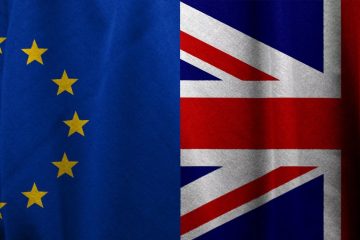EU energy efficiency proposal needs a more realistic target and more flexibility
Today, the European Parliament voted on the energy efficiency proposal, one of the key building blocks of the Clean Energy Package. The Parliament adopted the EU’s energy efficiency binding target at a minimum of 35% by 2030, while the national targets shall remain indicative.
BusinessEurope Director General Markus J. Beyrer commented: “Realistic targets and sufficient flexibility are the main preconditions to make energy efficiency a success story in Europe. BusinessEurope warned against an increase of the ambition level beyond realistic expectations and economic sense. The 35% target risks impacting negatively the EU Emission Trading System and implies a significant increase of cost for the EU economy and consumers.
We welcome the decision to maintain flexibility for Member States, at least partially, including the indicative nature of national targets. Due to differences in the EU economies, it is vital to have means to decide on the respectively right cost-effective measures. However, the position adopted today will limit some options, such as Member States’ ability to decide on excluding some sectors from savings calculations.”
Energy efficiency is an essential pillar of the EU energy and climate policy. Efficient use of energy has always been a priority for companies and is in fact a part of their DNA in order to remain competitive. It shall contribute to and enhance energy security and reduce greenhouse gas emissions.





